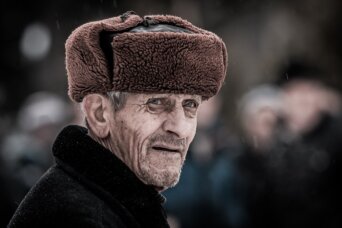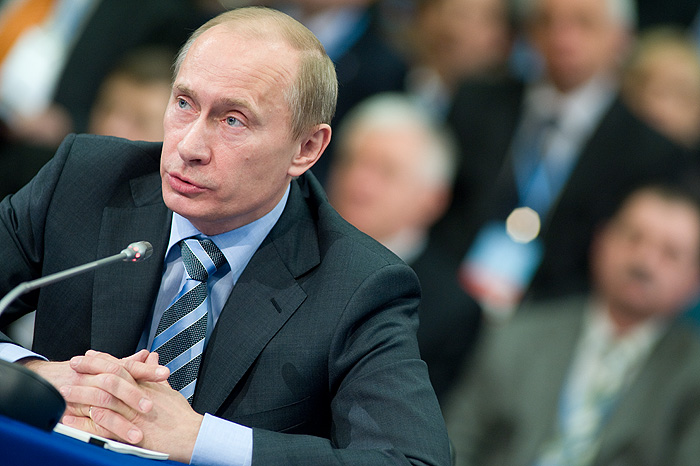- About
- Topics
- Story
- In-Depth
- Picks
- Opinion
- News
- Donate
- Signup for our newsletterOur Editors' Best Picks.Send
Read, Debate: Engage.
| topic: | Poverty |
|---|---|
| located: | Russia |
| editor: | Igor Serebryany |
The number of Russians living under the poverty line may not look mind-shaking when compared to numbers in other countries, but the official 13.5 per cent is likely just the tip of the iceberg, recent reports suggest.
This week, Labor minister Anton Kotyakov told the parliament session that some 20 million out of 144 million Russian citizens have officially been considered "poor". Poor in Russian terms means a person with an income below the monthly minimum wage. This year's numbers are higher than in 2019 but much lower than in 1999 when 28.4 per cent of Russians couldn't make ends meet.
According to a survey conducted by Mariox Tsentr sociological company, the actual number of Russians living in poverty could amount to 15 per cent as of September. The researches attribute the rise to coronavirus restrictions which threw millions of people out of work and to the job market.
75 per cent of the residents of Moscow, Moscow region and Ryazan region polled by the Mariox said they "considered" or "feel" themselves to be poor. Their perception has been based on the ground that they are unable to buy an apartment, can't afford quality foods, outwear or furniture, have no savings for leisure travels. They also said that they have no savings at all or live on credit.
"Neither authorities nor experts possess actual numbers about people's income and 'shadow' unemployment. But it's obvious that poverty in Russia is not going to shrink at least in the next two years," an expert in the government's Financial University Oxana Vasilyeva says.
The experts agree that the Russian definition of poverty (personal income staying under 44 per cent of the "median" income) allows people not to die of hunger but doesn't let them buy anything but basic foods. As people can't live without buying clothes and must pay for housing, they have to save on food too – as they have nothing else to save on.
Keeping a certain chunk of the population in poverty might be a deliberate strategy of the authorities, an expert in the Moscow's Carnegie Foundation Andrei Kolesnikov suggests.
"People of the lower middle class are grateful to the government for it 'secures' their borderline social position and doesn't let them move farther down to the class of the poor. The government, sort of, "buys" fidelity of those people who otherwise will succumb to complete misery. This is why the government declares its adherence to the 'social state' by giving out small benefits instead of providing the population with the opportunities to find good jobs or run business. This could be a deliberate strategy or the state instinctively feels that the more Russians live in the direct vicinity of the poverty line, the more support the state enjoys," he says.
Self-reliant citizens don't need state support and thus become politically independent – the development of any authoritarian regime is considered as a threat, the expert adds.
On the flip side, a sustainable growth could be based only on consumption growth, deputy dean of the Economics department at Moscow State University Oleg Buklemishev notes.
"Real household earnings in Russia have been staying flat for the last eight years. In 2022 I foresee real income to fall under the last 'pre-Crimean' year of 2013. Stagnation of income suffocates overall economic growth as it eats out consumers' demand. Those who can afford to buy a car, have already bought it, and those who couldn't afford it, will not. No credits, no mortgage will pull people to the higher level of consumption because the economy stagnates," the scholar says.
The coronavirus pandemic makes things even worse, an expert in the Health ministry Elena Varvikova adds.
"Poverty, unemployment, inaccessibility of medical drugs and healthcare as well as poor diet create negative synergy and lead to higher mortality of coronavirus infection," she says.
Image by Mihai Paraschiv

